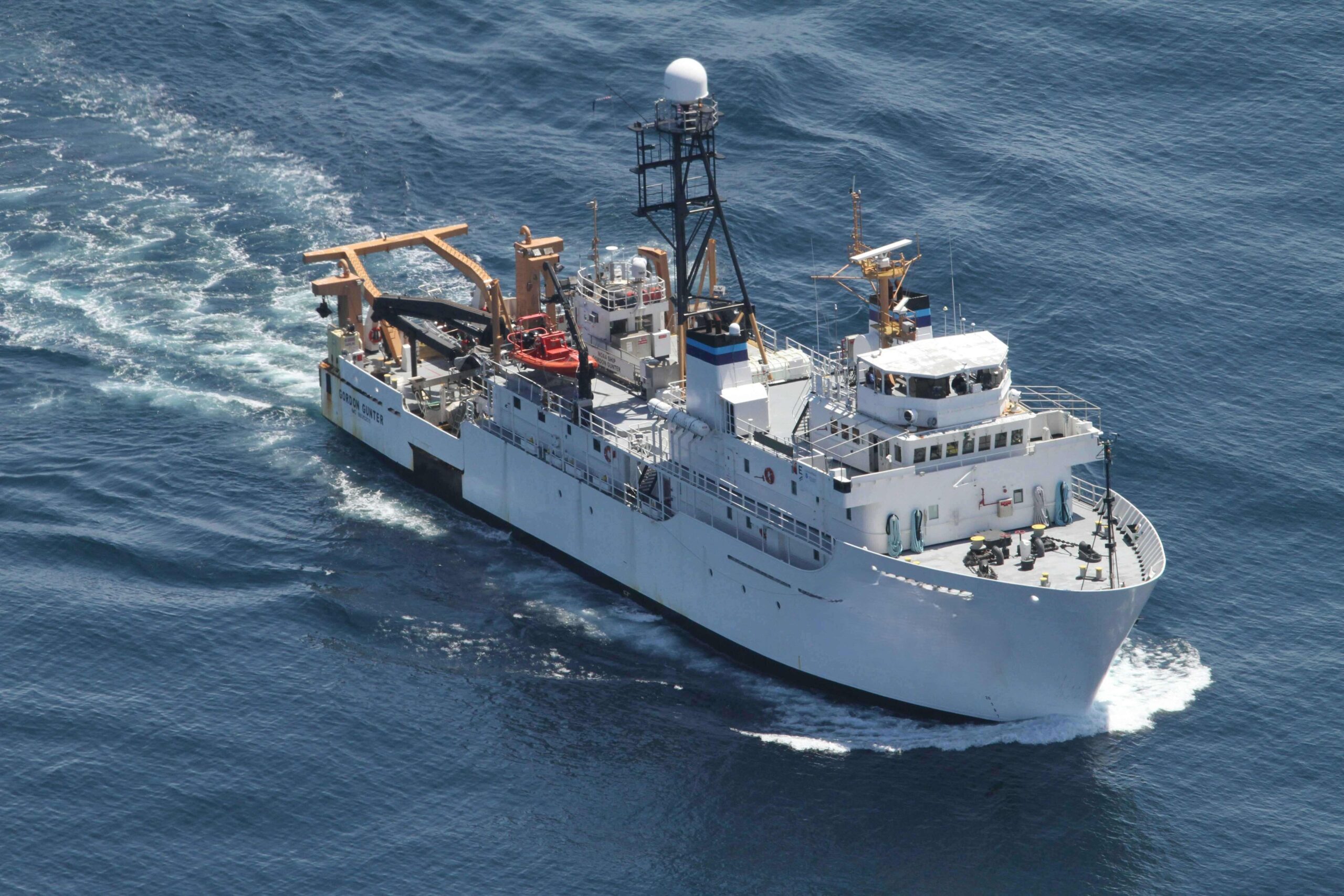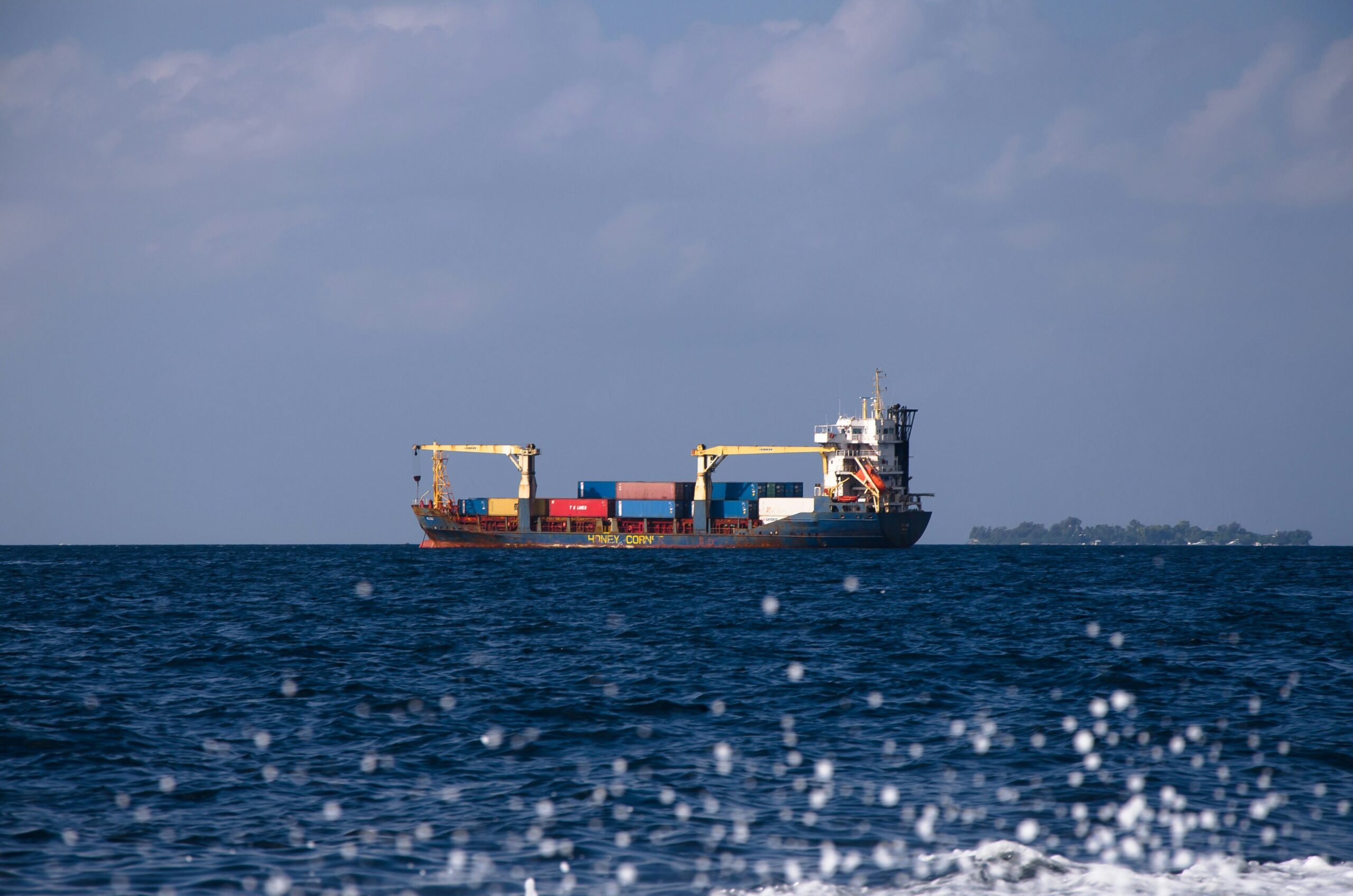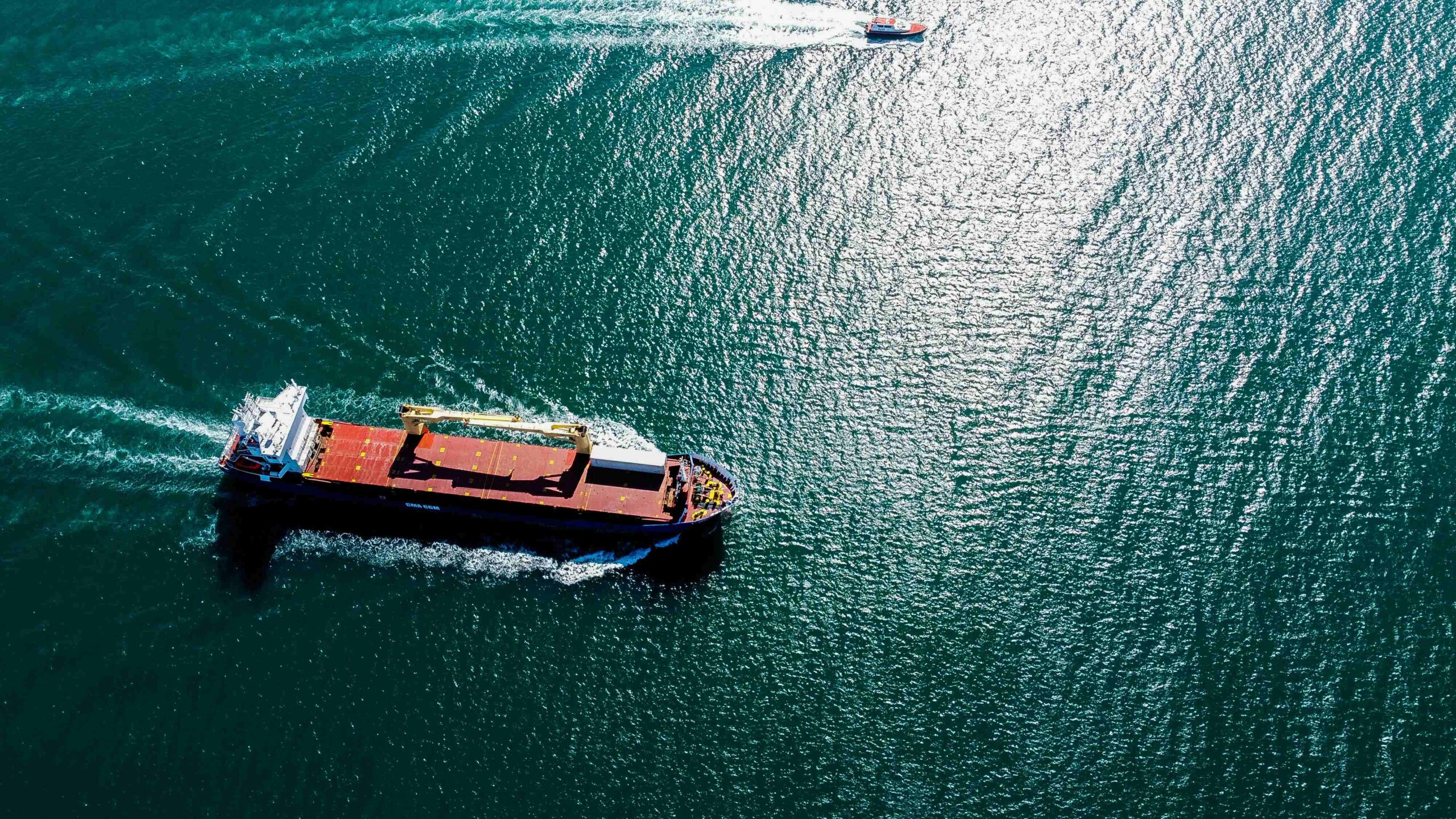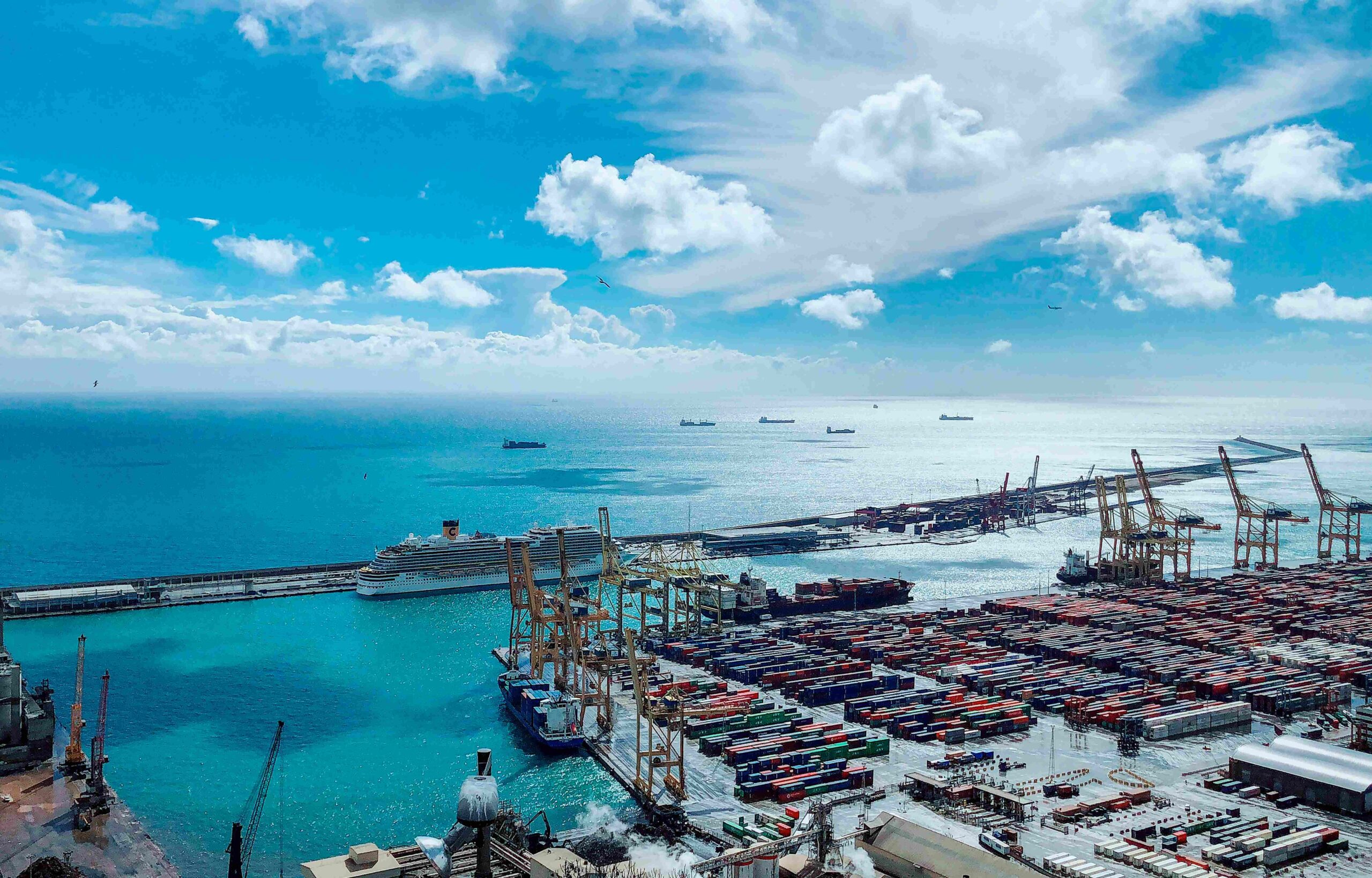Biofuels: The Next Frontier for Marine Fuel
As the maritime industry strives to reduce its environmental impact, biofuels have emerged as a promising solution to meet stringent regulatory standards and sustainability goals. This in-depth article examines the potential of biofuels as the future of marine fuel, exploring their benefits, challenges,
Sustainable Shipping Initiatives and Bunker Fuel
The maritime industry is undergoing a significant transformation as it seeks to address global environmental challenges. Central to this shift are sustainable shipping initiatives aimed at reducing emissions and promoting the use of cleaner bunker fuels. This article examines the key sustainable shipping
Impact of Renewable Energy on Bunker Fuel Economics
The maritime industry is facing a transformative shift as renewable energy sources begin to play a more significant role in its operations. As the world moves towards a more sustainable future, the economics of bunker fuel—traditionally dominated by heavy fuel oil (HFO) and
Bunker Fuel Policy Developments in the European Union
The European Union (EU) has long been at the forefront of environmental regulation and sustainability efforts. In recent years, the EU has intensified its focus on reducing the environmental impact of the maritime industry, particularly through policies targeting bunker fuel quality and emissions.
Innovative Financing Solutions for Clean Marine Fuel Projects
The maritime industry is undergoing a significant transformation as it seeks to meet stringent environmental regulations and reduce its carbon footprint. The transition to clean marine fuels, such as LNG, hydrogen, and biofuels, is essential for achieving sustainability goals. However, the high capital
Public-Private Partnerships in Developing Bunker Fuel Infrastructure
In the dynamic landscape of global shipping, the development of robust bunker fuel infrastructure is crucial for ensuring efficient operations and environmental sustainability. Public-private partnerships (PPPs) have emerged as a strategic approach to mobilize resources, expertise, and innovation towards enhancing bunker fuel infrastructure.
Bunker Fuel Supply Chain Vulnerabilities
In the complex web of global trade and logistics, bunker fuel serves as the lifeblood of maritime transportation, powering ships that move goods across oceans. However, the bunker fuel supply chain is not without vulnerabilities. This article delves into the key vulnerabilities facing
Impact of Economic Sanctions on Bunker Fuel Availability
Economic sanctions have emerged as a powerful tool in international diplomacy, aimed at influencing the behavior of nations and entities. While sanctions target a wide range of sectors, their impact on the maritime industry, particularly on the availability of bunker fuel, can be
Cost-Benefit Analysis of Different Marine Fuel Types
As the maritime industry grapples with stringent environmental regulations and the push towards sustainability, the choice of marine fuel has become a critical decision for ship operators. Different fuel types offer varying benefits and challenges in terms of cost, compliance, and environmental impact.
The Role of Port Authorities in Bunker Fuel Regulation
Port authorities are pivotal in enforcing bunker fuel regulations, ensuring maritime sustainability, and protecting coastal environments. As the maritime industry transitions to cleaner fuels, port authorities’ roles have expanded to encompass regulatory enforcement, infrastructure development, and stakeholder collaboration. This article explores how port










